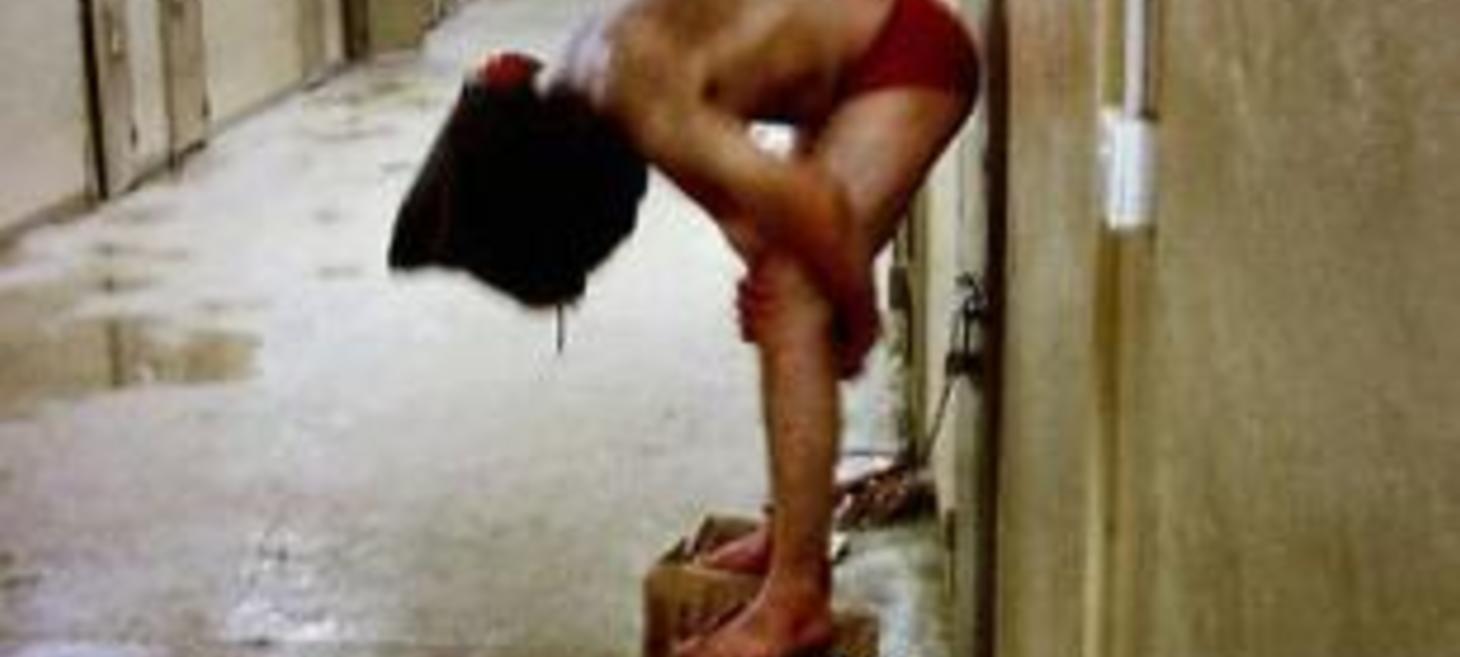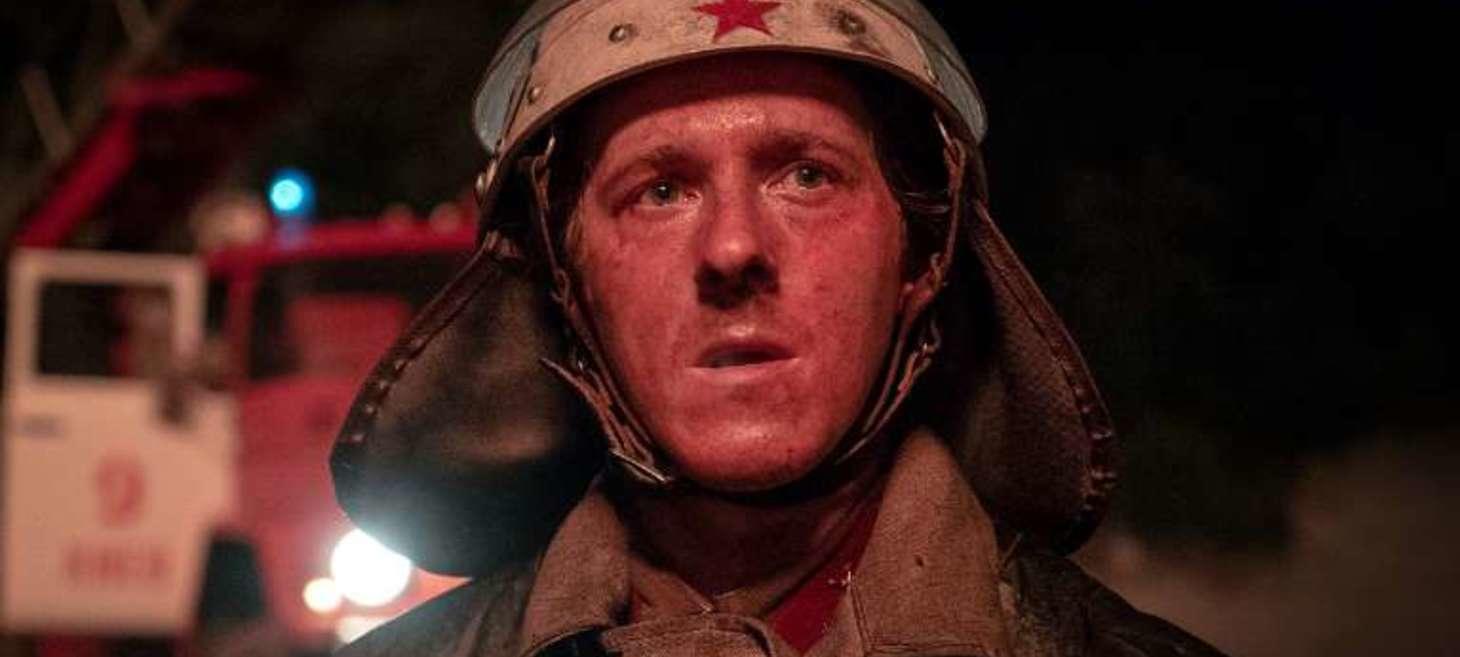A note from the curator
With record-breaking wildfires raging in California, Greece, Turkey and Siberia, and the new UN Climate Report released Monday, climate change is top of mind. How can we respond? What can we do? Can anything be done at all, or is it too late?
Disaster narratives have a way of grabbing us, Andrew O'Connell suggests in an article below, because "we love the deep examination of moral choices they often offer." It's one thing, though, to tell the story of a Chernobyl disaster, or a global pandemic like in Steven Soderbergh's "Contagion" - the ticking time bomb is loud and clear.
But climate change is a more diffuse disaster, its flares pinned on an uncertain timeline, the most urgent effects often felt far, far away from us who read (or write) newsletters like this.
What can we learn from disaster storytelling to tell about climate change in ways that compel us into action?
 In the News
In the News

A Hotter Future Is Certain, According to U.N. Climate Report - The New York Times
A new alarming UN report on climate change was released Monday, and the takeaways are clear: it's past time to avoid some of the disastrous impact, but we can still do something to avoid the worst.
"The new report leaves no doubt that humans are responsible for global warming, concluding that essentially all of the rise in global average temperatures since the 19th century has been driven by nations burning fossil fuels, clearing forests and loading the atmosphere with greenhouse gases like carbon dioxide and methane that trap heat."
It will take an unprecedented level of global coordination to curb the effects. Can we do it?
 Learning
Learning

The Banality of Heroism | Greater Good
I'm deep in research mode for a book project I'll announce soon, and this article has got me thinking about the possibilities of seeding heroic inclinations in ordinary people.
Philip Zimbardo (of the "Stanford Prison Experiment" fame, a staple of Psychology 101 classes everywhere and one of the most questionable research studies ever done) has been focused in recent years on the study of heroism, even starting a nonprofit (the Heroic Imagination Project) and coining a novel field of inquiry: heroism science. This article details the origins of this research direction.
"The idea of the banality of heroism debunks the myth of the “heroic elect,” a myth that reinforces two basic human tendencies. The first is to ascribe very rare personal characteristics to people who do something special—to see them as superhuman, practically beyond comparison to the rest of us. The second is the trap of inaction—sometimes known as the “bystander effect.”"
Why We Love Disaster Stories
"Why are these books and movies so compelling? Are we simply fascinated by others’ misfortune? The worse their luck, the greater our thrill? Or is it a need for catharsis—for acknowledgment of, and release from, all our repressed anxieties about the things that could harm us?
Perhaps both, to some degree. But I think another reason we love these tales is the deep examination of moral choices they often offer."
 Visual Storytelling
Visual Storytelling
On the Particular Devastation of the 'Chernobyl' Premiere
"Chernobyl functions as a specific historical text, one that’s valuable not only for its scathing assertions about the nature of the Soviet Union’s failures but also for its heartbreakingly human element. You don’t need to know much about history to be gutted by the stories of first responders and community members — firefighters, plant employees, scientists, and even civilians — who were struck down while trying to help their communities, and whose stories were often scrubbed from official records. In light of the coronavirus pandemic, Chernobyl reads differently and hits closer to home just two years after its release, but it’s a staggering story all on its own."
I binge-watched Chernobyl when it first came out and it left me bewildered. It's a short series, at only five episodes, but one of the most intense experiences I've had with TV ever. It was also the rare instance of a show where I felt like it was precisely as short and as long as it needed to be.
This review brought the show back to my attention, and I'm now rewatching it and diving deeper behind the scenes.
 Recommendations
Recommendations

Chernobyl | HBO
If you haven't seen it yet (or even if you have), watch the show - it's monumental.
For the especially curious, the podcast series from creator Craig Mazin is an excellent look behind the scenes. Listen here

Stripe Climate
My friend Art Lapinsch (who writes a great newsletter on building remote businesses, brought my attention to this.
Stripe Climate allows you to remove carbon as you grow your business, making it incredibly effortless to redirect a small percentage of transactions you process through Stripe to carbon removal efforts.
If you run payments through their processor, this is an easy way to take action.

